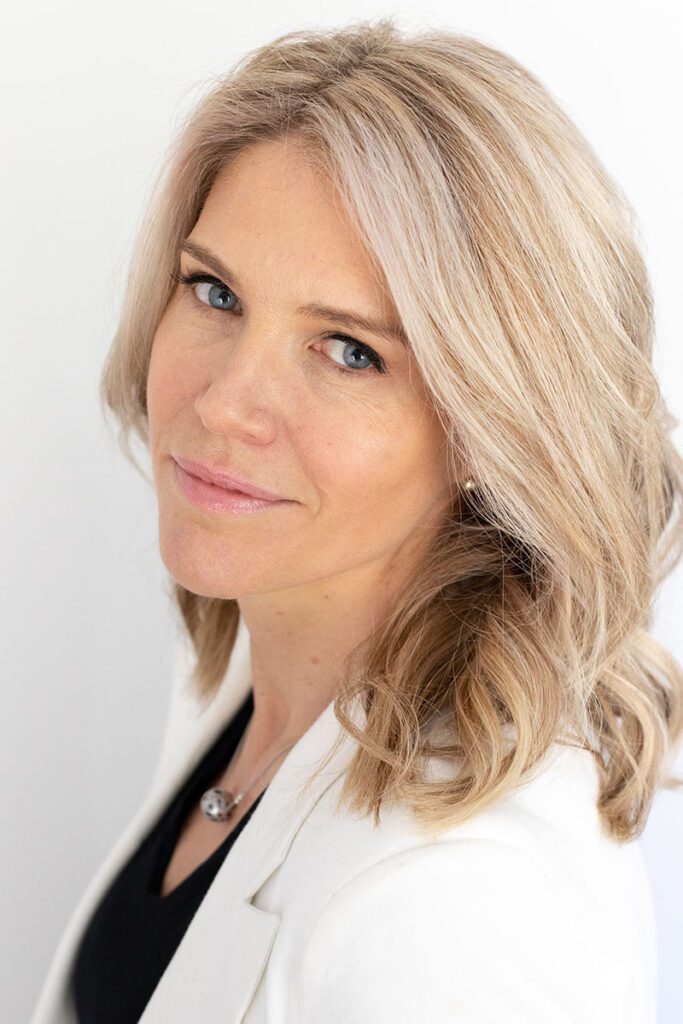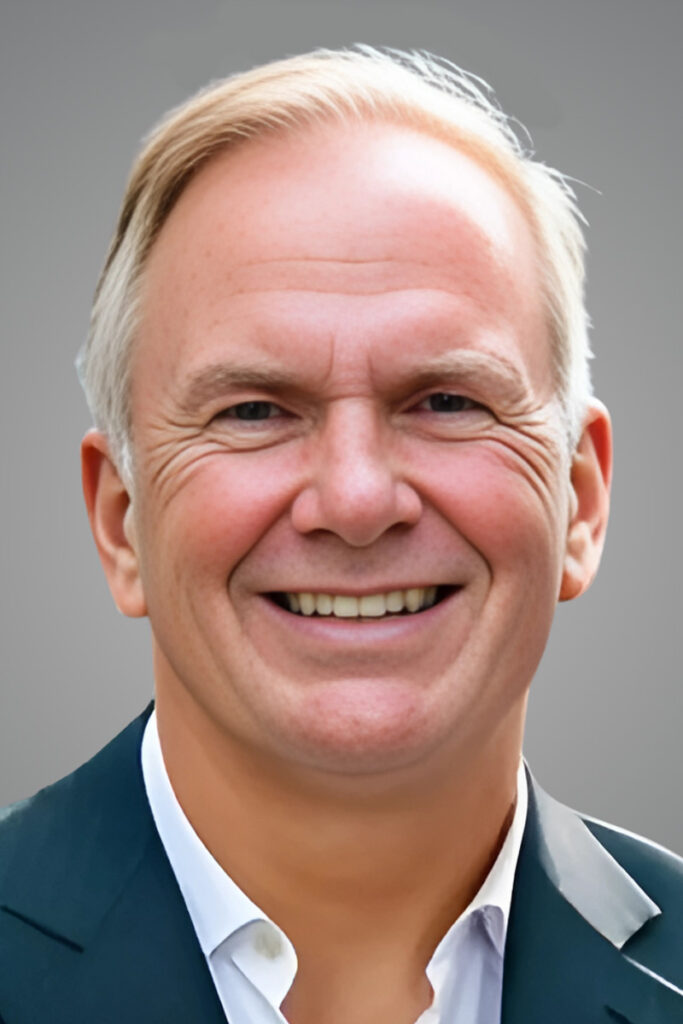Kevin Passalacqua brings over 20 years of experience in energy, finance, and strategic development. As Vice President of Structured Finance at Bloom Energy, he leads key initiatives that drive growth and innovation through flexible financing models, enabling customers to adopt clean, reliable energy solutions. Prior to Bloom, he advised on mergers and financial structuring at PricewaterhouseCoopers and focused on environmental finance at the Gordon and Betty Moore Foundation. Kevin holds a B.S. in Accounting from Loyola Marymount University and an MBA from UC Berkeley’s Haas School of Business, combining financial expertise with a deep understanding of sustainable energy innovation.
PTC: What technology breakthrough would pave the way for the ICT industry?
KP: Affordable, widely available green hydrogen has the potential to be huge. Currently, fuel cells the size of a coaster can operate using natural gas as a bridge fuel, giving customers immediate value while they wait for green hydrogen infrastructure to scale. When green hydrogen becomes more accessible, the switch is seamless—our systems can either blend it with natural gas or fully transition. This solves the chicken-and-egg problem where companies hesitate to invest without the infrastructure and vice versa. Once the cost of green hydrogen comes down, it’ll open the door for clean, resilient energy systems across ICT infrastructure.
PTC: If one thing should be redeveloped within the telecom and related industries, what should it be?
KP: I’d say energy procurement strategies. Too many companies rely solely on grid power, which comes with risks they can’t control—like transmission costs, price volatility, and grid reliability. With distributed generation, companies can take control of their energy costs and resilience. At Bloom Energy, we work with customers to finance on-site power systems through partnerships with infrastructure investors. Those investors benefit from long-term, stable cash flows, and companies get a reliable, predictable energy supply. By redeveloping how telecom and data centers think about energy, they can manage costs more efficiently while meeting sustainability goals.
PTC: What network-related development will have the greatest impact in our industry?
KP: Modular power systems with built-in redundancy will be a major driver. A modular architecture gives data centers unmatched flexibility when it comes to reliability. Instead of relying on a prime mover where failure can lead to a total shutdown, we use 65-kilowatt power modules as building blocks. If a single module fails, it doesn’t disrupt the overall operation—even at large sites running 100 or 200 megawatts. This modular approach makes it easier and more cost-effective to achieve the “four or five nines” of uptime that the industry expects. As grids face more instability, this kind of resilience will be essential.
PTC: What value does PTC hold for you/your company?
KP: PTC is a key space for us to connect with decision-makers in telecommunications, data centers, and infrastructure. These industries face big challenges, particularly around sustainability and energy resilience, so having a forum to discuss solutions is critical. For Bloom Energy, it’s an opportunity to showcase how our fuel-flexible platforms can help these companies reduce carbon emissions while maintaining uptime and controlling energy costs. The connections and insights we gain at PTC directly inform how we shape our partnerships and strategies.
PTC: How does PTC fit your company’s goals or career purpose?
KP: Bloom Energy’s mission is tied to clean, reliable power, and PTC aligns perfectly with that vision. The organization brings together companies and leaders who understand the importance of digital infrastructure but also recognize that the energy supporting it has to evolve. It’s rewarding to collaborate with industry experts who are tackling similar challenges. PTC provides a platform to discuss practical solutions and future technologies that can move the industry forward, especially as sustainability becomes a higher priority worldwide.
PTC: What is something that not that many people know about you?
KP: While in graduate school, I kayaked from the Andes to the Pacific Ocean, the full width of Chile. It was an amazing experience I’ll never forget.
PTC: What has been a positive outcome organizationally or individually given the current state of the world?
KP: A positive outcome has been the shift in how organizations prioritize sustainability and energy resilience. Five years ago, nobody was even talking about it, but now it’s probably the number one question we hear from customers. This change has driven innovation, allowing us to help clients adopt flexible, future-proof solutions. We’ve made it possible for them to use natural gas as a bridge fuel today and transition seamlessly to green hydrogen down the road. The fact that companies are thinking beyond immediate energy needs and focusing on long-term sustainability has been a key organizational and industry-wide benefit.
About Bloom Energy
Bloom Energy enables data centers, businesses, and communities to take control of their energy in a sustainable, reliable way. Bloom’s advanced solid oxide platform for distributed electricity and hydrogen generation is reshaping the future of energy. Data centers and Fortune 100 companies worldwide rely on Bloom Energy as a trusted partner to reduce carbon emissions today while building toward a net-zero future.




































